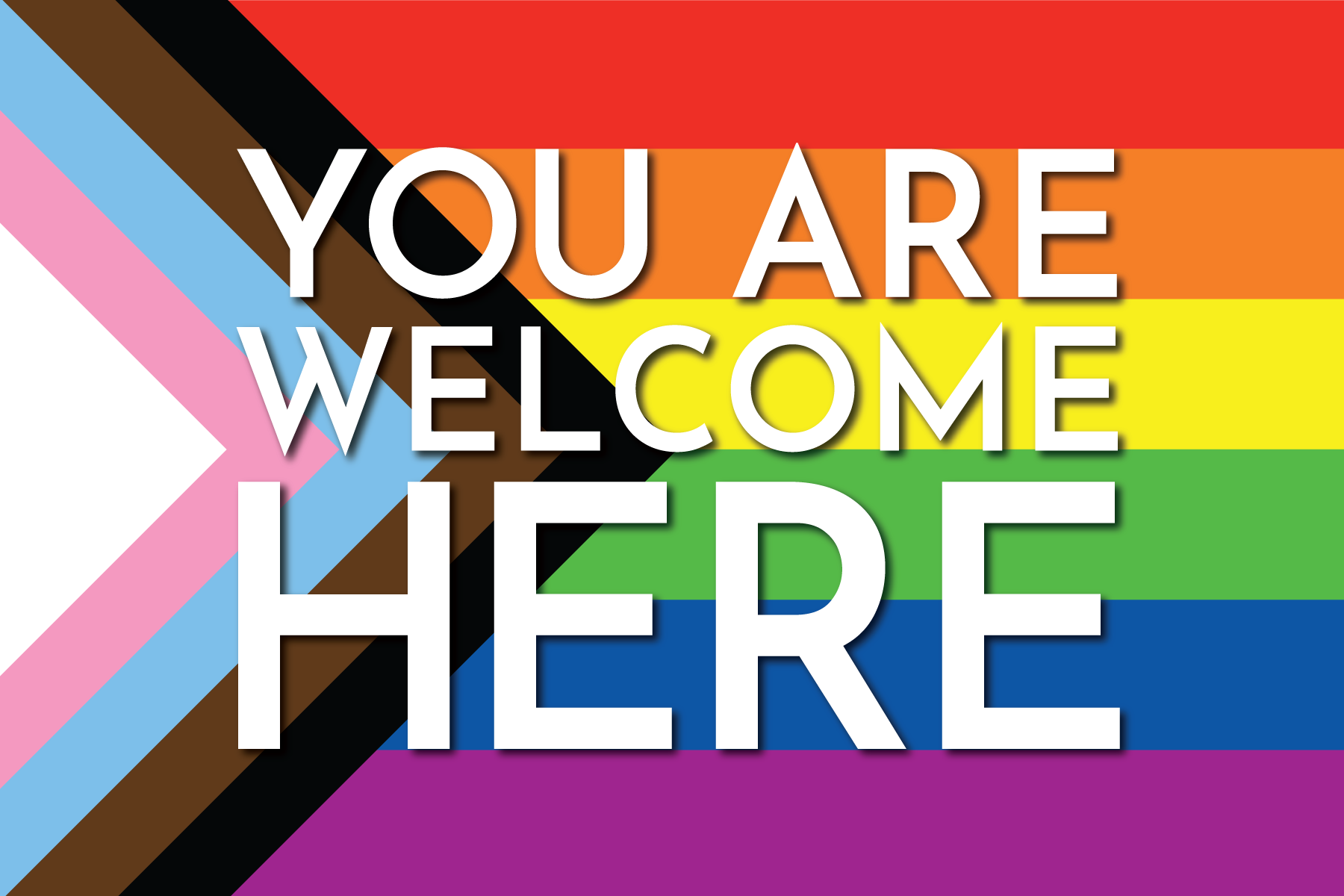WHAT WE KNOW
photo: @figgityfilm
We know different communities are disproportionately impacted by breast cancer and other diseases in different ways, including breast cancer risks for people of the LGBTQIA+ community. The bottom line: there’s still an unacceptable gap in research about breast cancer prevalence in queer women, trans folks, and gender-nonconforming folks.
We don’t know enough, but we do know that people in the queer community are more likely to experience delays in diagnosis due to a lack of access to health care, fear of disclosing their sexuality or gender, and discrimination. Breast cancer is also three times more likely to reoccur in the queer community than for their heterosexual and cisgender counterparts.
We know that queer folks don’t have the same experience with health care professionals that their heterosexual, cisgender counterparts do. We know that queer folks face challenges in this society, contributing to higher stress.
When it comes to breast cancer prevention and support, we know that the LGBTQIA+ community is not being respected and cared for sufficiently. Lastly, we know that they deserve better. So let’s talk about it!
WHY DO QUEER PEOPLE GENERALLY VISIT THEIR DOCTORS LESS?
The short answer: lack of safety, understanding, and validation of their identity.
Given that these risk factor assumptions about lesbians, bisexual women, and gender-nonconforming folks with uteruses aren’t being well researched, even in the few cancer studies available, it’s clear that the real issue is navigating the health care system as a queer person.
The American Cancer Society attempts to highlight this problem: “Studies have found that lesbians and bisexual women get less routine health care than other women, including colon, breast, and cervical cancer screening tests,” citing “fear of discrimination” and “negative experiences with health care providers” as reasons. This doesn’t even include the lack of research on breast cancer screening efficacy in the transgender population.
In the UK, the National LGBT Partnership discovered that half of the lesbian and bisexual women they surveyed had never had a pap smear, with many of them reporting that their doctors said it was unnecessary unless they were having sex with men (which is not valid, as the American Cancer Society states that anyone with a cervix who is sexually active is at risk of cervical cancer).
Women who only have sex with women are typically less likely to visit their OBGYN, as they tend not to explore contraceptive options; however, regular pap smears and wellness exams that include breast examinations are still vital to maintaining one’s health regardless of whom they’re having sex with. With lesbians, queer women, and gender-nonconforming folks generally visiting their doctors less for exams, they are unfortunately not getting their breasts checked enough.
MISCONCEPTIONS ABOUT QUEER BODIES
photo: @figgityfilm
Considering how medical professionals give inaccurate advice to queer women and gender-nonconforming folks, it is sadly not surprising that there is a lot of misinformation regarding the health of trans people as well. Trans men are still at risk for breast cancer even after breast removal and thus should still regularly have breast exams (breast cancer in cis men, while rare, also occurs). And studies have shown that trans women are roughly 47 times more likely to develop breast cancer than cis men, though the number is still small.
Unfortunately, trans folks are often forced to choose between misgendering themselves and obtaining health care around breast cancer screenings and risks. This leads to a delay in breast cancer diagnosis and, therefore, a lower survival rate, higher recurrence rates, and a poorer post-cancer quality of life both physically and mentally.
In addition, another barrier holding queer women back from receiving proper health care is that many insurance policies do not cover unmarried partners (this likely also holds true for queer men and gender-nonconforming people). In general, the inaccessibility of affordable health insurance, compounded with the reasons above that queer people are less likely to go to the doctor, greatly hinders LGBTQIA+ people’s ability to get proper medical attention, catch cancer as soon as possible, and prevent breast cancer from coming back.
photo: @figgityfilm
BE YOUR OWN HEALTH ADVOCATE, ALWAYS
While there are steps that we can take toward caring for our bodies in the comfort and privacy of our own homes (all the good stuff we talk to you about including eating well, exercising, meditating, avoiding toxic body care and household products, etc.), checking yourself monthly and knowing what is “normal” for your body is important for both queer folks and cisgender women. We are all our own health advocates!
Everyone deserves access to fair and nondiscriminatory health care! Being able and comfortable going to your doctor is crucial. However, drastic improvements in the healthcare system need to be made to welcome and accommodate queer women and gender-nonconforming folks.
For now, whether you feel safe to disclose your identity with your doctor or not, don't wait to visit one if you feel or see a change in your breasts. We don’t say this lightly, we understand the challenges of the queer community and sufficient health care, but we know that early detection saves lives.
IN THE END, CANCER DOESN’T DISCRIMINATE
While there is much to learn about breast cancer and the LGBTQIA+ community, we know that cancer doesn’t discriminate according to the identity of the person or people with whom you are sexually intimate or your gender. Checking Yourself, getting checked, knowing what is “normal” for your body, and implementing healthy preventative measures in daily life are essential to knowing and caring for your body.
RESOURCES
I LOVE BOOBIES! FOR PRIDE
Our PRIDE collection features some of our favorite KAB accessories which incorporate all 11 colors of the Progress Pride Flag. We believe that everyone should have the right to fair and nondiscriminatory health care--period. Keep A Breast is a 501(c)(3) nonprofit organization and the funds raised from this collection will support our LGBTQIA+ education and outreach online and at San Diego Pride.







